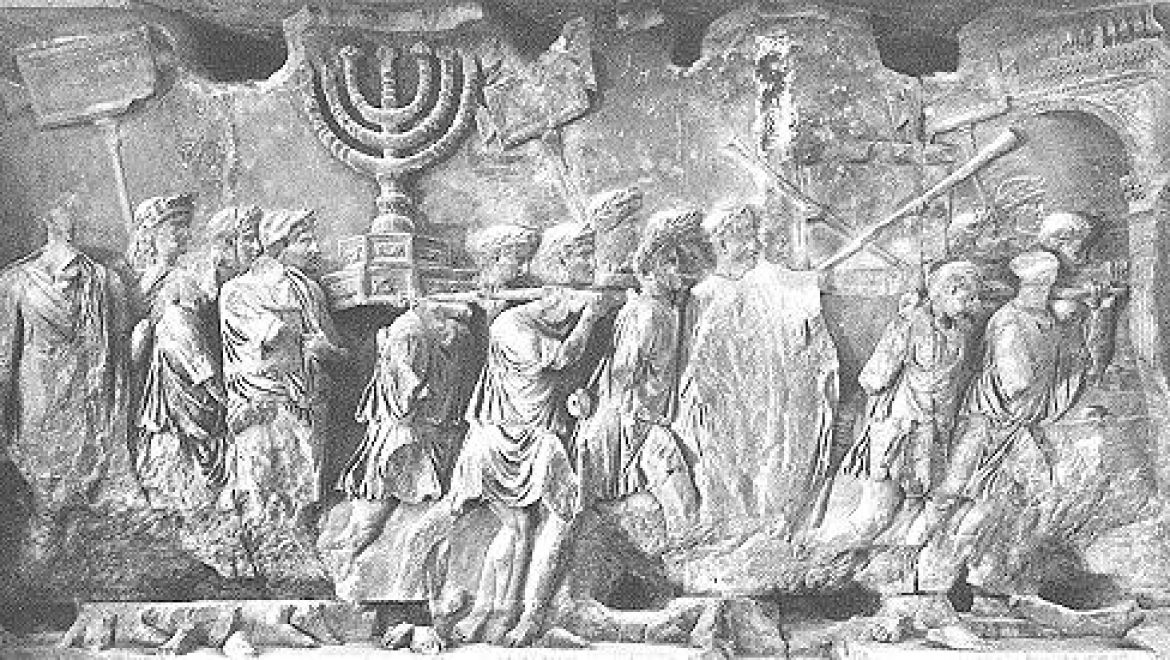
In this post from JewishAnswers.org, Rabbi David Stadley (Orthodox) answers the question of what prayers should be said at the Western Wall. While mentioning that it is a special place for all prayers, Rabbi Stadley explains that most of the prayers and customs for visiting the Western Wall are mourning rituals that come from the funeral service, such as tearing one’s clothes, demonstrating our mourning for the destruction of the Temple. This article provides the transliterated and translated texts for several verses that some recite upon visiting the Western Wall for the first time (or after not being there for 30 days).
Question:
I am Oleh Chadash (new immigrant to Israel) and am going to visit Jerusalem and the Kotel (the Western Wall). I have a standard Sephardic prayerbook and a Tehillim (Book of Psalms) – what are the prayers that should be said at the Kotel? Are there particular Tehillim which should be prayed?
Answer:
Firstly, Mazel Tov on your Aliya (move to Israel). I wish you every success in everything you do. Visiting the kotel can be a tremendously uplifting spiritual experience, and may be exciting and wonderful, but at the same time we must remember that we are still in mourning for the destruction of the Temple, and the Talmud in Yoma says that every generation in which the Temple is not rebuilt is as if it was destroyed in that generation. Therefore, most of the prayers and customs for seeing the Kotel for the first time (or if one has not seen it for more than 30 days) come from the funeral service and demonstrate our mourning for the destruction.
The Shulchan Aruch (Code of Law, Orech Chaim 561) says that someone who sees the place of the Temple when it is destroyed (i.e. the kotel nowadays) should tear their clothes and say:
“Beit Kodsheinu v’Tifarteinu ashere hillelucha bo avoteinu haya l’sreiphat eish, v’chol machmadeinu haya lchorva.”
“Our Temple of holiness and glory in which our fathers paid homage was burnt in fire and all that we cherished was [sent] to destruction.”
There is some dispute amongst contemporary Rabbis as to whether one should actually tear their clothes, or wear clothes borrowed from someone else (which may not be torn, since they do not belong to the wearer). Most Ashkenazic Rabbis seem to hold that one should actually tear their garments (approx 3 inches) from the collar down towards the heart. The tear should be made while standing, and preferably with one’s hands (though sometimes scissors are necessary to start the tearing). I do not know what the Sefardic Rabbis say on the issue.
The Mishna Brura (a later code of law) writes that one should cry and mourn on the destruction of the Temple and say Psalm 50. When someone tears their clothes they should say the following verses from the funeral service:
Baruch dayan ha’emet ki kol mishpatav tzedek v’emet, hatzur tamim p’alo ki kol d’rachav mishpat, e-l emuna v’ain avel tzadik v’yashar hu. V’atah tzadik al kol habah aleinu, ki emet asita v’anachnu hirshanu (Nechemiah 9:33)
Blessed are You, the True Judge; for all Your judgements are just and true. The Rock – perfect is His work, for all His paths are justice; a G-d of faith without iniquity, righteous and fair is He; But You are righteous in all that has come upon us, for You have acted truthfully while we have caused wickedness.
I would just add that we may (must) pray wherever we are in the world, and at whatever stage of our life. However, any prayers that are said from the heart, at the kotel, which is the last remnant of our Holy Temple, and said by someone who has just come to live in Israel, and thereby come closer to the Source of all blessings, are going to be heard and answered by G-d. Anything you can pray for, in whatever language, will bring down blessings (and peace). Take the opportunity to speak to G-d directly, with whatever words you have, exposing all your most inner thoughts to Him, and allow Him to do the rest.
I hope this answer helps. May we soon merit to see the rebuilt Temple, and may all the sadness be replaced with gladness and joy.
Wishing you every success with your life in Israel,
Rabbi David Sedley

